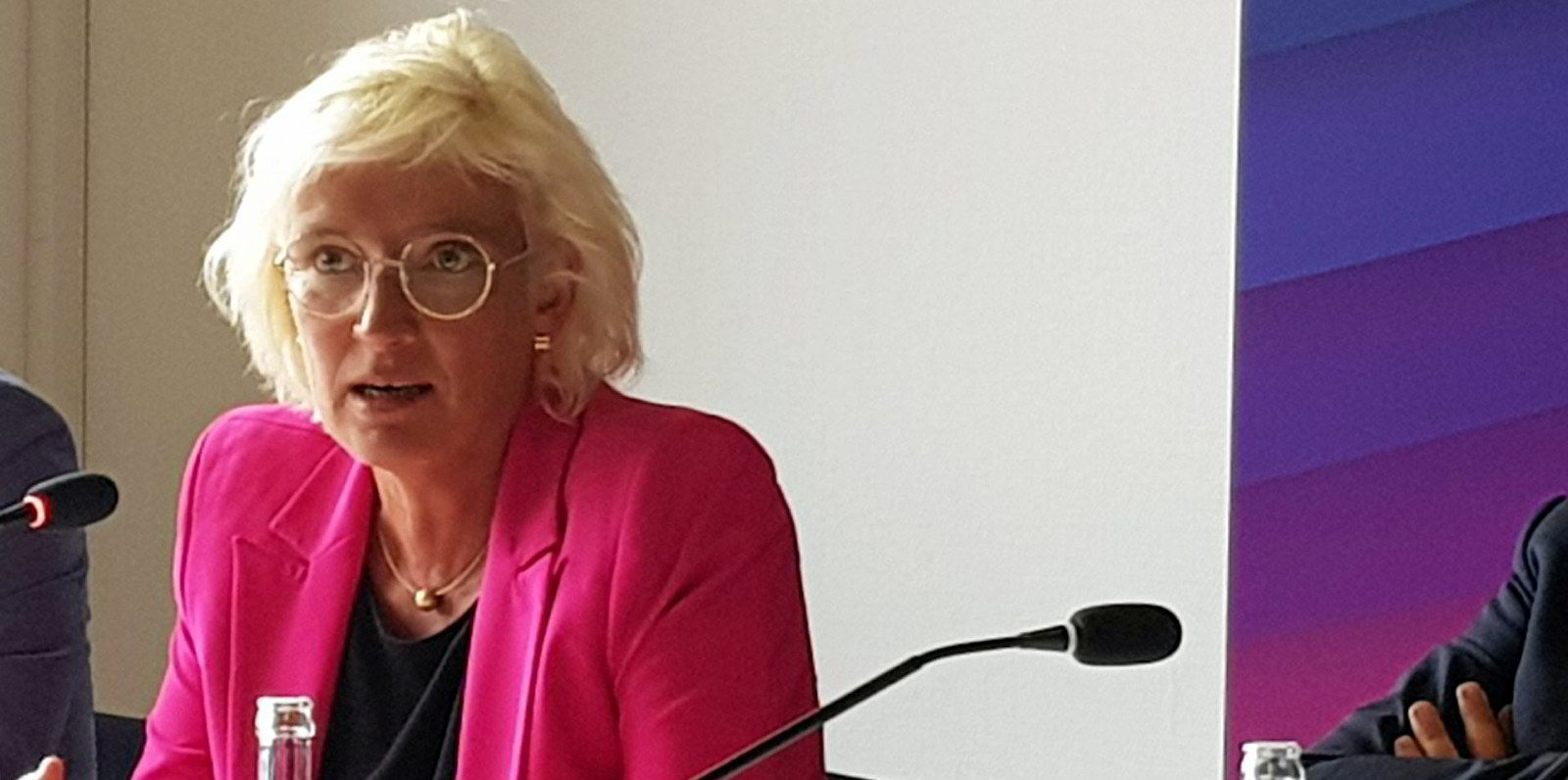Germany is using qualitative criteria as well as negative bidding as it kicks off a 5.5GW tender for pre-developed offshore wind sites in the North Sea.
Interested parties can hand in bids by 1 August 2024 for three sites (N-9.1, N-9.2 and N-9.3) about 110km north of the island of Borkum, at the sea border to the Netherlands’ economic exclusive zone, the federal grids agency (BNetzA) said.
The country’s federal maritime and hydrographic agency (BSH) carried out a preliminary investigation of the areas on behalf of the BNetzA at which essential information was collected on the marine environment, the subsoil and the wind and oceanographic conditions.
“These will be made available to all interested parties as part of the call for proposals,” the agency said.
“Successful bidders no longer have to carry out these examinations themselves, unlike in the case of areas that were not previously examined centrally.”
The auction will be carried out using a points system, with 60 points being awarded according to the price offered by the bidder for the right to build and operate the wind farm.
Another 35 points can be won for criteria such as the proportion of electricity from renewable energy sources in the production of wind turbines, the proportion of trainees, the use of particularly environmentally friendly methods and the extent of long-term electricity deliveries to third parties.
The use of qualitative criteria had been a long-standing demand by the wind industry in order to enhance fair competition between European and Chinese wind turbine manufactures. While no direct local content requirement is part of the auction criteria, some of the qualitative criteria may work to the advantage of European OEMs.
Ninety per cent of the successful bidder's payments will go towards reducing electricity costs.
The last tenders for centrally examined areas in 2023, in which 1.8GW were auctioned off, resulted in total proceeds of €784m ($848m) for the German state. Germany provides the grid access for the wind farms, which will be built by Dutch transmission system operator TenneT.
The BNetzA in late January had already started an auction for 2.5GW of far offshore sites in the North Sea that haven’t been pre-developed, also with a negative bidding component.
At a similar auction of 7GW of North Sea capacity last year, the winners BP and TotalEnergies had pledged to pay the German state a combined €12.6bn ($13.6bn), an amount much criticised by large parts of the offshore wind industry which argues the payments will ultimately increase prices for power consumers.



